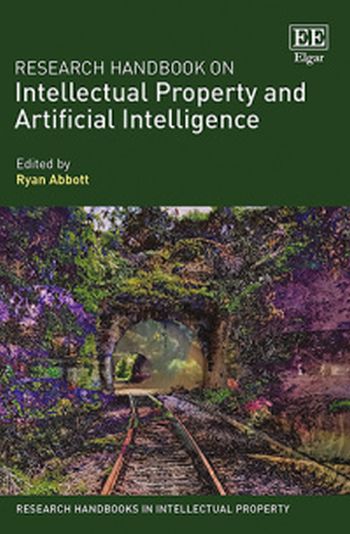
This incisive Handbook offers novel theoretical and doctrinal insights alongside practical guidance on some of the most challenging issues in the field of artificial intelligence and intellectual property. Featuring all original contributions from a diverse group of international thought leaders, including top academics, judges, regulators and eminent practitioners, it offers timely perspectives and research on the relationship of AI to copyright, trademark, design, patent, and trade secret law.
The Handbook is divided into four thematic parts, beginning with topics that address the intersection of AI and IP broadly before focusing on issues associated with specific types of IP. Chapters tackle critical legal questions, from issues with protecting AI-generated works to the impact of AI on how trademarks are used, offering valuable lessons on technology regulation and how technological evolution will disrupt existing legal frameworks.
Scholars and students of intellectual property law and its intersections with AI and related technologies will find this Handbook ’s cutting-edge contributions to be a crucial read. Its guidance on the implications of these issues for practice will also be of interest to IP practitioners, as well as policymakers and regulators considering how to regulate.